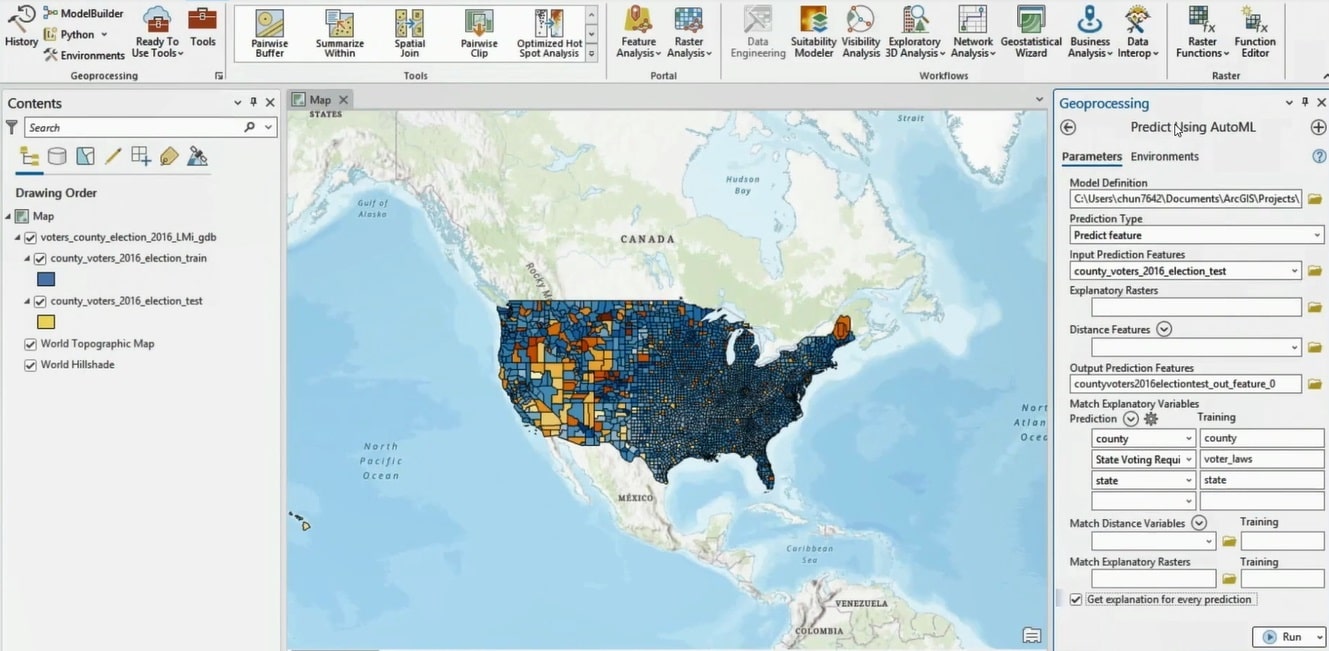Hiring a property manager to run your investment property is one of the most important decisions you can make for your future as a real estate investor. A property manager allows you to take what should be an active investment and transform it into a passive investment that does not need daily inputs of your time to make it work.
With a property manager overseeing the operations of your income property, it is possible to scale your business. You can own as many properties as you want, even choosing to invest in far-off locations. When you hire a property manager, you can lower risk and improve profits without increasing the work you should do.
But this is only if you get the right property manager. There are thousands of property managers out there, and not all will be the right fit for you. If you want to get the most from a property manager, there are questions you need to ask before you hire. This post walks you through finding the right property manager for your investments.
Table of Contents
How to find the right property manager
These days, it is so easy to become a property manager. Because the barrier to entry is low, many people call themselves property managers with no business managing an income property. Being able to separate the excellent property managers from the bad is critical to your success as an investor, and it’s all about knowing the right questions to ask.
To ensure you don’t spend the same time managing a property manager as you would managing your property, ask these questions before signing up with a property manager.
How long have you been in business?
As a rule, you don’t want to engage new property management companies. They may be people trying to make a quick buck. You want a property manager who has been around; that kind of company has weathered the storms and is likely to stick around.
Do you have references?
The integrity and professionalism of a property manager should never be in doubt. The property manager must be able to provide references from former and current clients. Be sure to call all those references and do your digging on the internet and offline.
Who is on your team?
How many employees or partners does the property manager have, and what are their roles? A property manager must rely on others to ensure that the properties they have under their management are looked after. The quality of work the manager does depends on the team’s depth. You don’t want a property manager who tries to do everything by themselves.
How many properties do you have under management?
The number of properties a property manager has under management, and the type of properties are important. You want a property manager with expertise in the type of assets you invest in. You want to ensure they have enough time to manage your investment property.
What kind of systems do you have in place?
Managing a property is much work, and modern property managers need an automated system to help them keep track of the different aspects of the property. Do they have client portals and electronic payment systems set up? Or do they generate reports manually?
How do you screen tenants?
How do they avoid leasing to problem tenants who will damage the home or fail to pay the rent on time or at all? Do they conduct credit checks? How do they avoid litigious renters? Are they willing to walk you through their tenant-screening process?
How often do they inspect the property?
Do they have schedules for doing walkthroughs of the property? Or do they rely on tenants to report damage before they visit a property? You don’t want a property manager who waits until a tenant moves out to discover the condition of your property.
How do they handle repairs?
When tenants call for repairs, do they first try to walk the person through the issue to see if the tenants can solve the problem themselves? Or do they send a repair person right away? The first method usually works better and can save many repair expenses.
What is the threshold dollar amount for repairs?
Do you handle all repairs without asking the owner, or will they call the owner if the repair amount exceeds a specific dollar amount? If the latter is true, what is that dollar amount, and are you comfortable with that threshold?
How often do you advertise?
Will the property manager advertise a property while it is occupied, or do they wait until it is vacant before advertising? The method a property manager chooses can impact the performance of your investment. If they wait until a unit is empty, you could have one or two months of vacancy.
How is the security deposit handled?
Does the property manager expect you to keep the security deposits, or do they keep them? This seemingly minor issue can cost you; if the property manager absconds with the money or mismanages it, you will have to repay the tenants. Never let a property manager keep the security deposit.
What are your fees?
Do they expect you to pay a flat fee or a percentage of the rent? Most property managers charge between 7%-12% of the rent they collect; this depends on your negotiating power and how many properties they will manage for you.
What is their average turnaround rate?
This is how long a property stays vacant between tenants. As soon as it becomes vacant, the property manager should have a system for quickly getting the property ready for showing. How does the property manager achieve this, and can they show proof from their other properties?
What happens during an eviction?
Will they handle the eviction process on your behalf? Will they file the necessary paperwork and follow the process through – working with the courts or sheriff – until the tenant is out of the house? How much does the property manager charge for evictions?
In addition to these fourteen questions, other questions you may want to ask a prospective property manager are:
- What are their ideas for how to set the rental amount for a property?
- Do they conduct move-in and move-out inspections of the property?
- Do they offer a tenant placement guarantee?
Your investment’s success or failure hinges on your answers to these questions, so take the time to research potential property managers before making any decisions.








